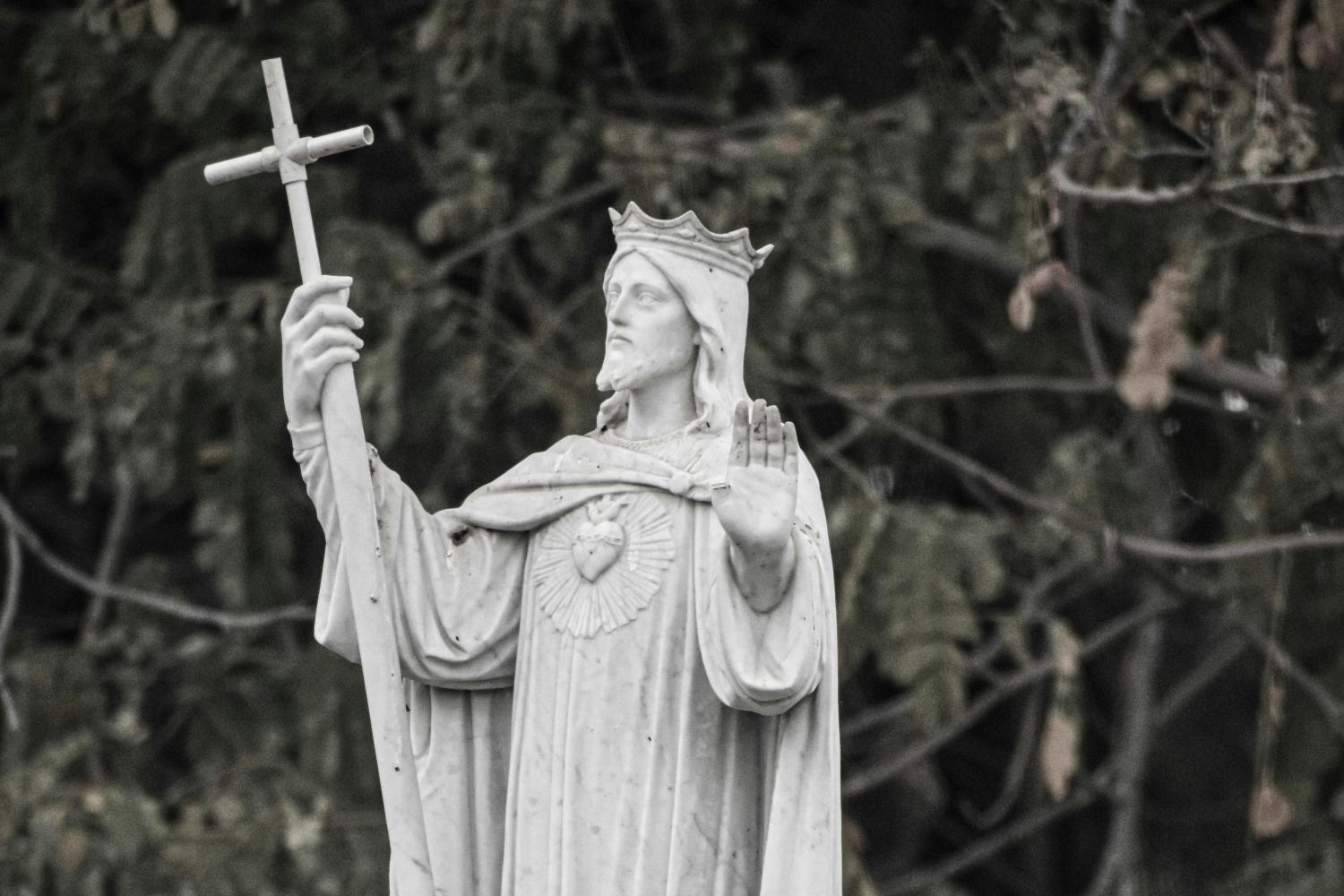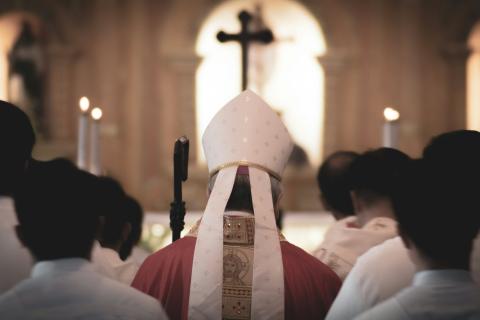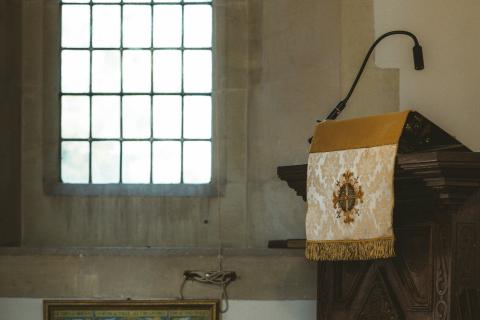
A Chinese bishop, Julius Jia Zhiguo, who had been in and out of hiding for decades, recently died at the age of 90. He’d suffered brutal bouts of imprisonment and persecution at the hands of the Chinese government, and was head of a diocese not even recognized by Chinese officials at the time of his death. And yet, before his passing, he said, “My life consists of speaking about Jesus. I have nothing else to say or do. My whole life, every single day, is dedicated to telling others about Jesus. Everyone.”
On one level, we’re maybe not so surprised that this kind of zeal would have courted the Chinese regime’s maltreatment. Bishop Zhiguo was clearly an unruly fellow when it came to abiding by their policies regulating religious practice, and this kind of verbiage was bound to get under their skin. But on another level, we maybe should be surprised that they were so adamant to pursue him. Lots of people preach lots of different off-kilter things, after all, and clearly not all “unruly” beliefs are given the same kind of time and energy to try and squash. So what made Bishop Zhiguo’s Christian creed different? Why would the Chinese go to such trouble to torment him?
The question leads us to recall something that we don’t always remember about the nature of Christianity: namely, that the Church really is a kingdom, competing for our loyalties. It’s a real, spiritual polity that individuals swear real allegiance to.
Perhaps we tend to think instead of Christianity as a kind of floating set of ideas that people choose to subscribe to or not. But the choice to belong to the Church results in a divided sense of citizenship or fidelity, or at least changes the nature of the citizenship and fidelity one feels toward one’s own “kingdom,” or the nation one’s a member of materially. And this latter kingdom does lose a fair portion of its influence when an individual becomes a citizen of the former – for the Church is a far stronger, if unseen, power. An intriguing passage from Daniel touches this reality: “the God of heaven will set up a kingdom that shall never be destroyed or delivered up to another people; rather, it shall break in pieces all these kingdoms and put an end to them, and it shall stand forever.” That’s true, even if God “puts an end” to other kingdoms in a way that the world doesn’t necessarily understand.
Worldly kingdoms like Communist China might not claim to believe this – that God has established a real kingdom in the midst of all of ours – and they probably wouldn’t have the words to articulate their perception of that kingdom. But in their intent persecution of Christians, particularly, it does seem that regimes like China’s have perceived or intuited that there’s a real power at work in the institution of the Christian Church. They seem to have recognized that that Church, though it’s not going to come at them with guns and armies, is a genuine and serious rival to their influence, and that it will destroy the grip they have on human beings’ primary loyalties if it’s not resisted in some way.
This goes back as far as the days of Christ himself. Herod had something of an intuitive sense of what he was up against, too, in the announcement of a new king having been born. He killed innumerable infants because he was concerned that a new power was coming to challenge his. And we know that he was wrong to be concerned, in one sense: Jesus wasn’t going to snatch his throne away. But his fears were also very right, in another: for Jesus was going to usher in a whole new order of things, that would submerge Herod’s tactics for maintaining his control.
Bishop Zhiguo knew the power and meaning of his loyalty to the Kingdom of God in the course of his life, and his life was an extraordinary testimony to the way God gives us signs of that kingdom’s work and power even here, now: through joy, courage, and an undaunted love for Jesus. Oddly enough, those who persecuted Zhiguo seemed to know all this, too. For our part, it’s worth taking the time to try to understand the full measure of this loyalty for ourselves – the meaning of this spiritual kingdom among us, and of what it means to belong to it.


